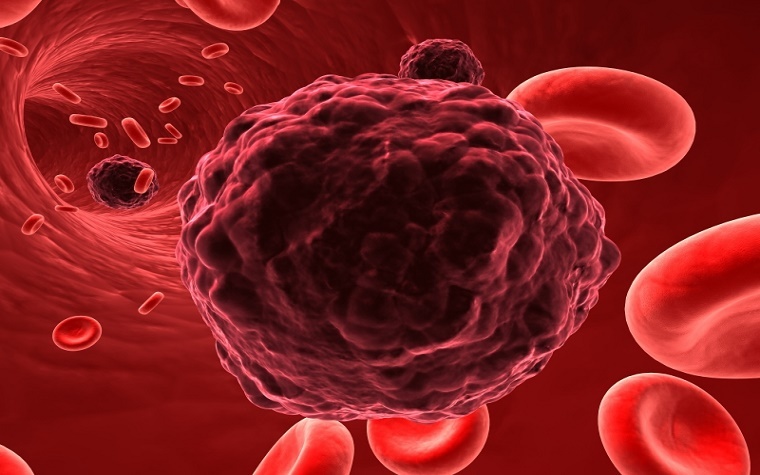Researchers from Rice
University, in cooperation with an international team, recently published a
study examining how blocking the overexpression of the NAF-1 protein could
prevent breast cancer tumor growth.
Overexpression of
NAF-1, a protein that transports clusters of iron and sulfur molecules in
cells, results in breast cancer tumors that are more tolerant to oxidative stress and, therefore, become larger and more aggressive.
Researchers found that
treating the tumor with pioglitazone, a drug used to treat type 2 diabetes,
controls NAF-1 levels and reduces tumors’ tolerance to oxidation. They also
found that a single-point mutation of NAF-1 similarly prevented tumor
proliferation.
“Now that we know
tumors that overexpress this protein are more sensitive to this type of drug,
we can design new drugs in a way that will attack the clusters,” University
of North Texas professor of biological sciences Ron Mittler said. “We now have
examples of five or six different types of tumors that need this protein to
proliferate. If they don’t have it, they die.”
The study included Rice’s co-director of the Center for Theoretical
Biological Physics José
Onuchic, Rice research scientist Mingyang Lu, and Rice postdoc Fang
Bai. The study also included researchers from Israel, the University of
California San Diego and the University of North Texas.
Rice contributes to promising study on blocking breast cancer tumor growth


 Alerts Sign-up
Alerts Sign-up